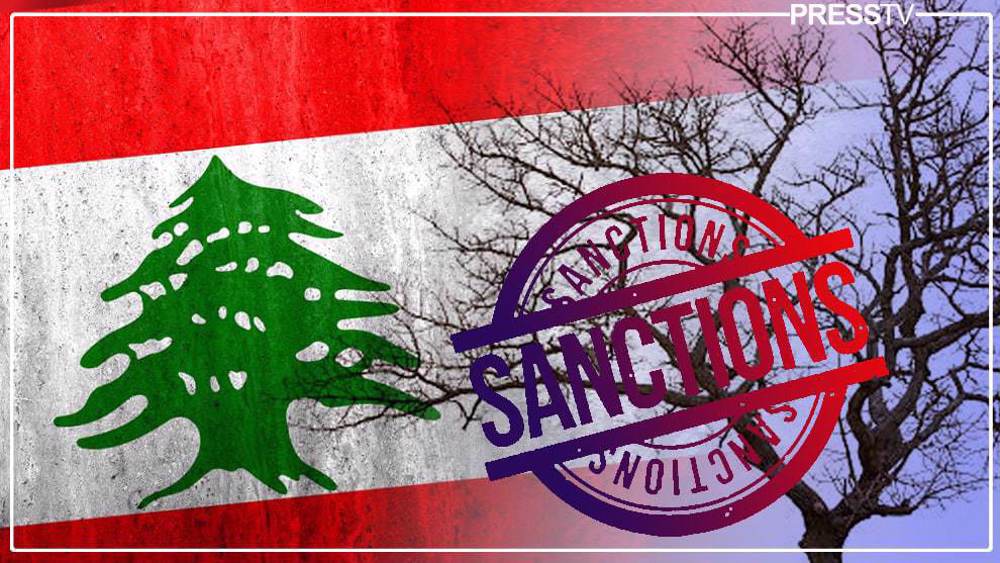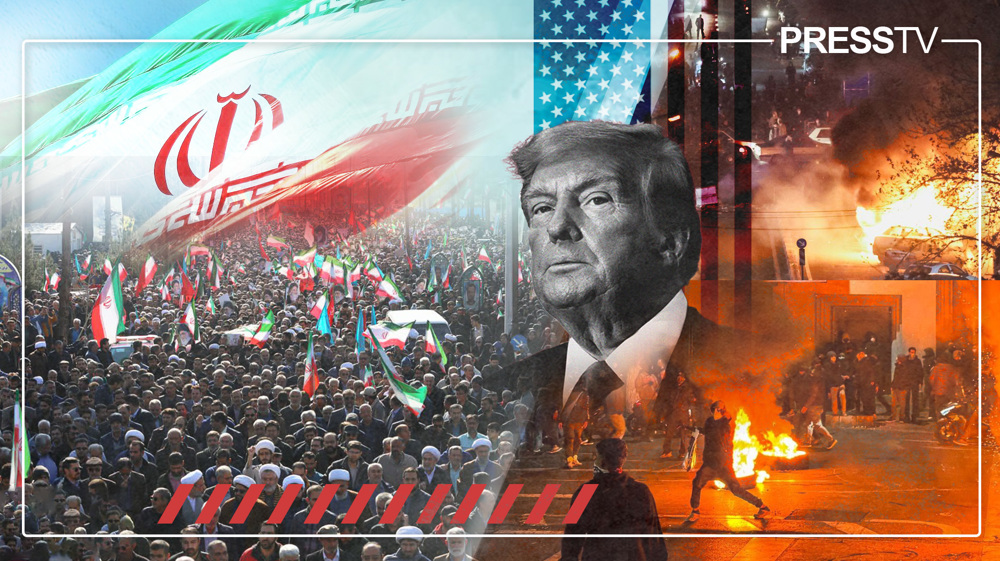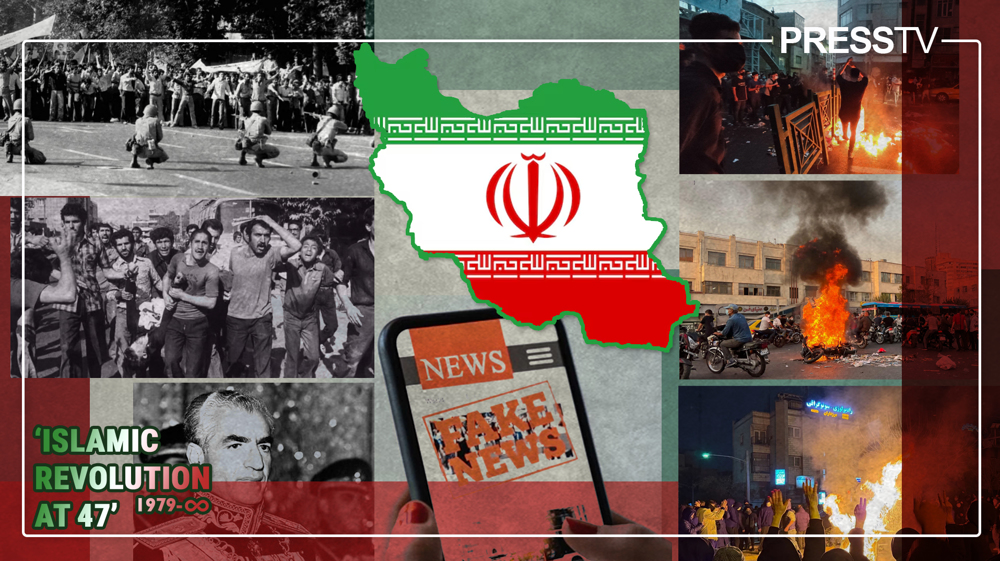To avoid sinking, Lebanon should sail east: Sanctions are already here
By Julia M.K.
In a September 28 statement following a meeting with Speaker of the Parliament Nabih Berri, new Lebanese Prime Minister Najib Mikati said that he had “no objection” to visiting Syria, but on the condition that “Lebanon does not face any sanctions.”
However, the sanctions-like effects are already here and have ravaged Lebanon’s economy for months, if not years.
Washington has already triggered and tightened the conditions in Lebanon that have resulted in extreme hyperinflation, strict capital controls, and the massive loss of savings for many Lebanese. The extreme economic strain that has been inflicted as a form of sanctions on neighboring Syria has come full force onto Lebanon, with the impacts of the Caesar Act rippling over to the Lebanese economy.
While the “sanctions” label has been equivocal, it is undeniable that there is a current blockade against Lebanon; since 2019, its oil cartels have refused to purchase oil for anything less than the dollar equivalent as the local currency tanks and the purchasing power of millions of Lebanese is diminished. The US-allied Central Bank governor, Riad Salameh, complied in not only implementing a financial engineering scheme that eventually shuttled dollars out of the country, but also in implementing sanctions that hurt the Lebanese economy as a whole as well as putting the final end to fuel subsidies, an austerity measure which already pushed Lebanon’s already soaring gas prices further in cost, a policy decision that was opposed by the president and parliament.
Throughout the year, Lebanon was forbidden from importing petroleum from other nations. In April of this year, facing impending cuts to Lebanon’s electricity and fuel supply, then-acting Lebanese PM Hassan Diab sought to secure oil from Iraq. The trip was halted and the deal was sabotaged by US and Saudi pressure on the Iraqi prime minister al-Kadhimi not to meet with the Lebanese caretaker PM. Since then, US maneuvers at preventing Lebanon from obtaining any petrol for Lebanon were sabotaged and prevented --until Hezbollah moved forth with plans to secure oil from Iran, in which the US, on cue, rushed to provide its “alternative proposal” of gas from Egypt and Jordanian electricity.
Mikati told CNN in an interview with the channel that he was “saddened” by the apparent breach of “sovereignty” made by the life-saving import of Iranian oil. In the same interview, he had to push back against the accusations by the CNN reporter that upon his appointment that he was forced to appoint two Hezbollah allied ministers, despite the representation of multiple political parties in the Lebanese cabinet, that somehow the Hezbollah picks are “coerced.”
The only coercive element, of course, has been the United States and the IMF, which have imposed strangling economic austerity measures, unfair political demands, and illegal economic measures regardless of the compliance of targeted nations. As America plunders Lebanon’s economy into the ground in attempts to achieve its aims of elimination of Hezbollah, the east, such as China, Russia, and Iran extend their hand to similarly debt-trapped nations in the global south, moving in cooperation forward instead of backward. Iran’s admission into the SCO has enabled it to maneuver past much-needed sanctions relief regardless of Washington’s whims or renegotiated conditionalities. Syria has had many nations regionally and internationally approach it in reconciliation, and it is evident that the only option for any nation in the Global South, whether besieged economically or militarily, to move forth on its own terms, with the aid and assistance of nations willing to assist on the basis of win-win cooperation rather than economic subservience.
Russia and China have repeatedly extended favorable offers to Lebanon to construct badly needed electrical infrastructure, including the Russian offer to fix and modernize the Beirut port, offers which are far more favorable to Lebanon than the usual debt-traps with no result from myriad World Bank and EU funded projects promised over the years. China has proven its capabilities worldwide in both relieving smaller nations of debt and building infrastructure; Iran, similarly has broken blockades with its delivery of fuel to Venezuela and Lebanon.
If Mikati wants to deliver on his promise of forming a “rescue” government that will alleviate the effects of economic strangulation on Lebanon, he must look to move the country forward instead of cowering backwards. Lebanese Security General Abbas Ibrahim was enthusiastic about opening borders with Syria following a high-level delegation visit earlier last month to facilitate the US energy plan that required the imports to navigate through Syrian infrastructure.
Even the US is expected to renege upon its word on its own proposal, evident following the scrutinization of longtime US ally King Abdullah of Jordan in the Pandora Papers released Sunday that coincided with the official securitization of cross-border coordination between the two nations that would enable the transport of energy from Jordan to Syria. Years ago, it was revealed and admitted by the US itself that its allies supported ISIL in Syria, and the coincidental destruction of a Syrian gas pipeline on September 18 should signal the unreliability of both the US and its allies, both in the form of international financial institutions and through its geopolitical alliances, in doing anything constructive for Lebanon’s economic recovery. As Lebanon hits its lowest point ever, it’s evident that it has nothing left to lose by looking east for allies that have extended their hand towards Beirut to pull it out of its sinking ship.
Julia M.K. is a Beirut-based analyst, writer, and political commentator. Along with regular appearances on Press TV, her work has also appeared in Al-Mayadeen, Al-Akhbar, Mirat Al-Jazeera, Counterpunch, and elsewhere.
(The views expressed in this article do not necessarily reflect those of Press TV.)
VIDEO | Mexican anti-Trump protesters rally against US intervention in Latin America
VIDEO | Defeating Western and US sanctions for decades
VIDEO | Iranian police officer martyred by foreign-backed terrorists during recent unrest
VIDEO | 'Ta Soraya' Award advances Iran knowledge-based economy
VIDEO | Japan starts voting as polls suggest Takaichi’s coalition set to win
Israel killed 37 Palestinian children in 2026 Gaza attacks: UNICEF
Israeli army, settlers intensify violent displacement of Palestinians across West Bank: Report
Israeli general admits failure, heavy losses in genocidal war on Gaza










 This makes it easy to access the Press TV website
This makes it easy to access the Press TV website